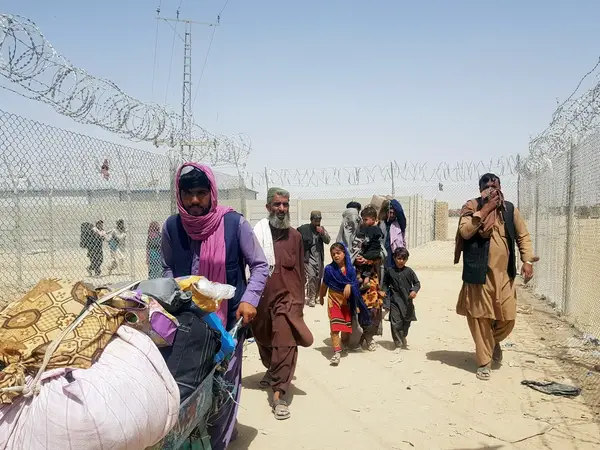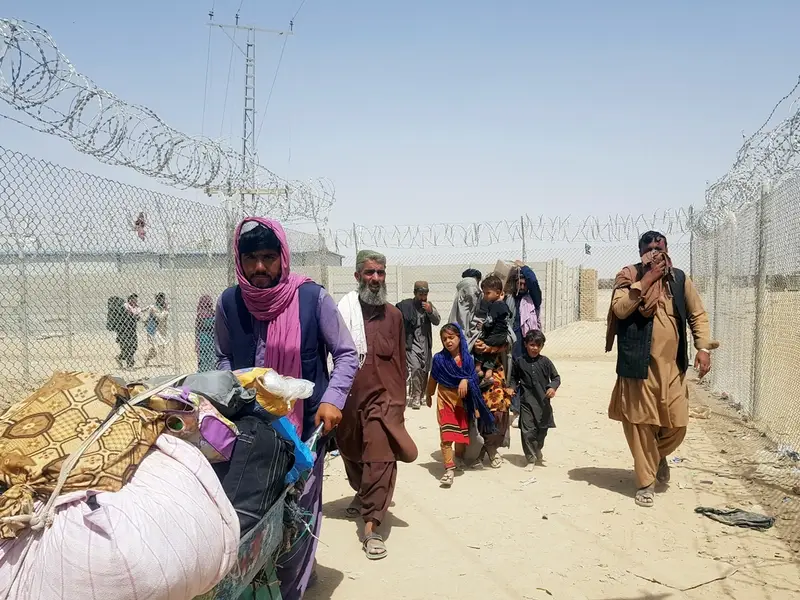In the midst of challenges posed by millions of Afghan immigrants residing in Iran, the Afghan embassy has sought assistance from Iran to improve their living conditions.
During a recent meeting with Abdul Basit Emami, the Acting Head of Migrant Affairs at the Afghan Embassy in Tehran, Taliban officials expressed concerns about Iranian policies. They raised issues regarding restrictions imposed on Afghan citizens in certain provinces, highlighting the prohibition of employment opportunities, such as roles as sellers or apprentices.
Mohammad Hosseini, the representative of Bushehr in the Supreme Council of Provinces, quoting Solat Mortazavi, the Minister of Labor, emphasized that “five million jobs in Iran are currently monopolized by Afghan citizens,” a point of contention for those who argue Iranians should be employed amidst a national depression.
The figure is particularly significant considering the reported 8.4 million Afghan nationals residing in various provinces. Despite the high unemployment rate in Iran, experts argue that there is no imperative need for foreign labor at the present rate.meanwhile professions such as nursing and teaching remain in dire short supply as Iranians migrant in unprecedented numbers.
In the meeting, Taliban officials underscored the importance of facilitating the issuance of driver's licenses for migrants and establishing a suitable mechanism for legal matters related to property ownership. They urged Iran to prevent the forced expulsion of migrants possessing legal documents and residence permits. However, reports suggest that the number of migrants with legal residence permits in Iran is relatively low.
The Iranian government is currently facing criticism for what some perceive as a lenient approach towards Afghan refugees. Political opponents of the government have repeatedly warned against its "open borders" policy, raising concerns about potential hidden agendas such as rallying more pro-regime support. In response, the government has accused critics of promoting "Afghan-phobia".

